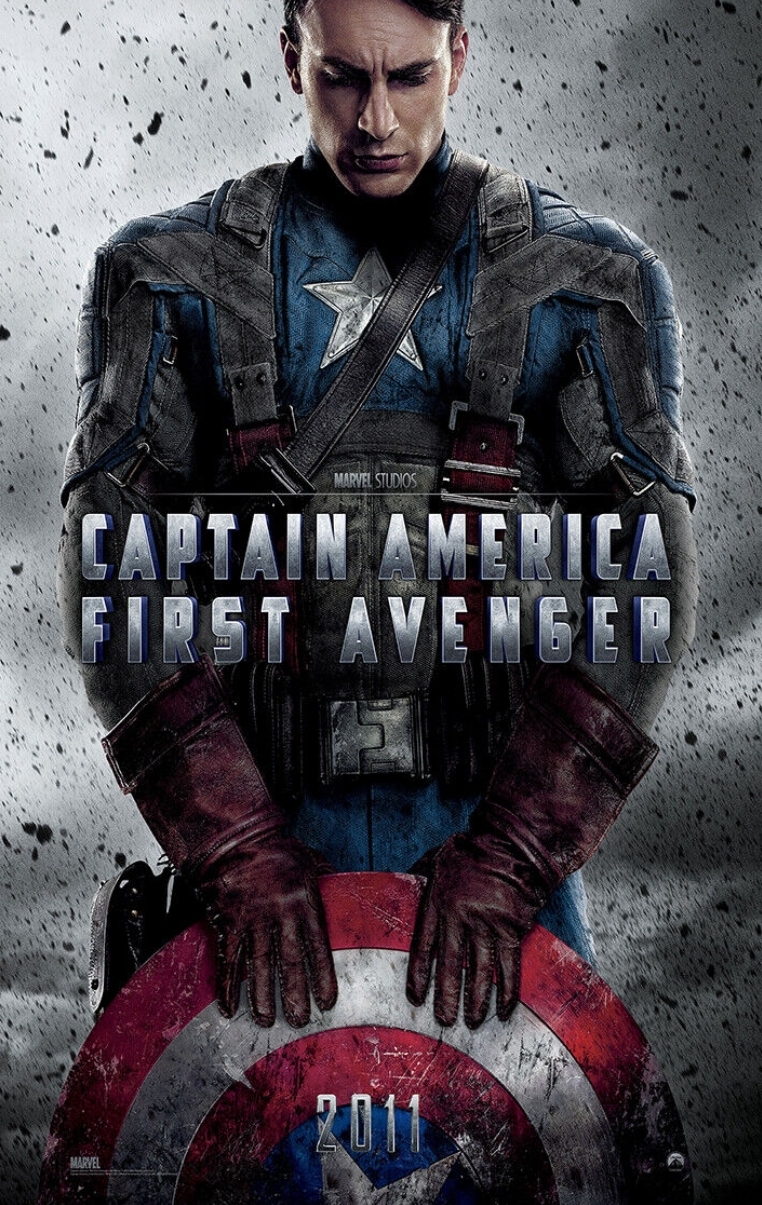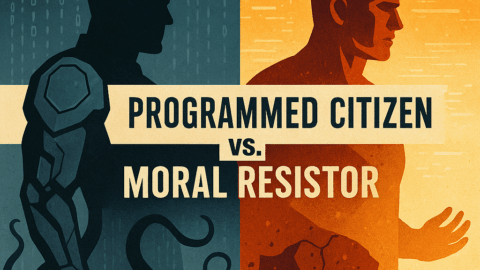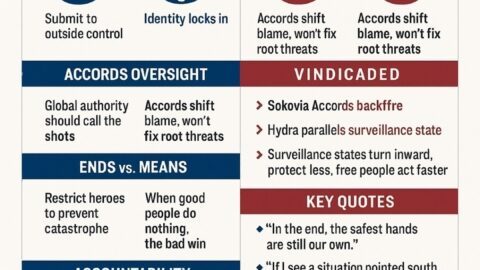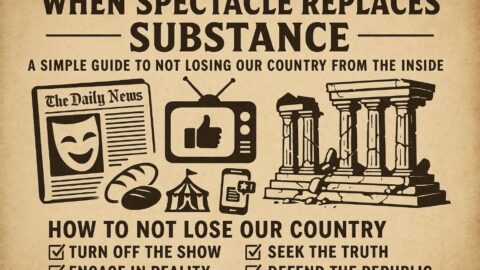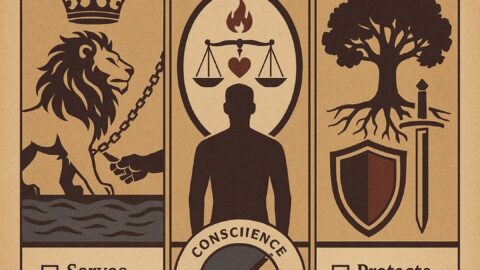- How Fantasy in Movies and Books Helps Us Appreciate the Past & the Present
- Captain America: Winter Soldier
Disney Book Group’s Captain America: The First Avenger Junior Novel is a novelization of the 2011 Marvel Studios film Captain America: The First Avenger. It brings the origin story of Steve Rogers, also known as Captain America, to a younger audience, condensing and adapting the movie’s narrative for readers while retaining its key themes, action, and character development. Below is a detailed exploration of both the novel and the film.
Film and Book Summary
The story follows Steve Rogers, a scrawny but determined young man from Brooklyn during World War II, who becomes the iconic superhero Captain America after being chosen for the experimental Super Soldier Program.
Steve Rogers: A Hero at Heart
- Steve is a frail man with a strong sense of justice and unyielding determination to serve his country despite his physical limitations.
- His repeated attempts to enlist in the military highlight his resilience and moral fiber, emphasizing his famous line, “I can do this all day.”
The Super Soldier Experiment
- Dr. Abraham Erskine, played by Stanley Tucci in the film, recognizes Steve’s inner strength and selects him for the Super Soldier Program.
- Steve’s transformation into a super-soldier is a pivotal moment, showcasing not only his enhanced physical abilities but also his moral responsibility.
Facing Hydra
- The primary antagonist is Johann Schmidt, a.k.a. the Red Skull, the leader of Hydra. Red Skull’s ambitions extend beyond the war, as he seeks to harness the power of the Tesseract to achieve world domination.
- Steve dons the Captain America persona, initially as a propaganda figure but later as a real soldier leading a team to combat Hydra.
Heroism and Sacrifice
- The climax involves Steve making the ultimate sacrifice, crash-landing a plane into the Arctic to save the world, seemingly at the cost of his life.
- He awakens decades later in modern-day New York, setting the stage for his involvement in the Marvel Cinematic Universe (MCU).
Themes
Courage and Determination
- Steve’s journey underscores the idea that heroism is defined by character, not physical strength. His willingness to stand up for what is right resonates throughout the story.
Self-Sacrifice
- Steve’s choice to put others before himself, even at great personal cost, is central to his character. This is epitomized in his decision to crash the plane and protect the world.
Good vs. Evil
- The clear moral battle between Captain America and Hydra symbolizes the larger conflict of World War II, with the Tesseract representing power that must not fall into the wrong hands.
Differences Between the Junior Novel and Film
Simplified Narrative
- The junior novel streamlines complex scenes, cutting down on certain subplots and focusing on Steve’s journey as Captain America.
- Some of the darker aspects of the movie, such as the horrors of war, are toned down to be appropriate for younger readers.
Focus on Character Development
- The book emphasizes Steve’s growth and internal struggles, making him relatable to younger readers while introducing key themes of perseverance and courage.
Action Sequences
- While the film excels in visual spectacle, the novel relies on descriptive language to capture the energy of battles, making the action accessible through vivid imagery.
Character Analysis
Steve Rogers/Captain America
- The embodiment of virtue and selflessness, Steve represents the ideal hero, whose power lies in his heart and sense of duty.
- His transformation from underdog to superhero reflects the importance of character over physical ability.
Red Skull
- A foil to Steve, Red Skull represents the corrupting influence of power. His ambition and disregard for humanity contrast sharply with Steve’s humility and compassion.
Peggy Carter
- Peggy is a strong, independent woman who serves as both a love interest and a partner in Steve’s journey, symbolizing mutual respect and teamwork.
Bucky Barnes
- Steve’s best friend, Bucky provides emotional depth to the story. His presumed death adds weight to Steve’s mission and foreshadows future developments in the MCU.
Legacy and Impact
Cultural Influence
- The film and its junior novel adaptation serve as a modern myth, promoting values of courage, sacrifice, and resilience to audiences of all ages.
- Captain America has become a symbol of hope, morality, and justice, resonating deeply with fans worldwide.
Introduction to the MCU
- The story serves as a prequel to The Avengers (2012), establishing key elements like the Tesseract and introducing Steve Rogers as a central figure in the Marvel universe.
Conclusion
Captain America: The First Avenger is both an action-packed origin story and a heartfelt exploration of heroism and self-sacrifice. The junior novel by Disney Book Group distills these elements into an accessible format for younger readers, ensuring that Captain America’s timeless values of integrity, courage, and selflessness are passed on to a new generation. Whether experienced through the pages of the book or the screen, the story remains a powerful testament to the enduring power of doing what is right, no matter the odds.

